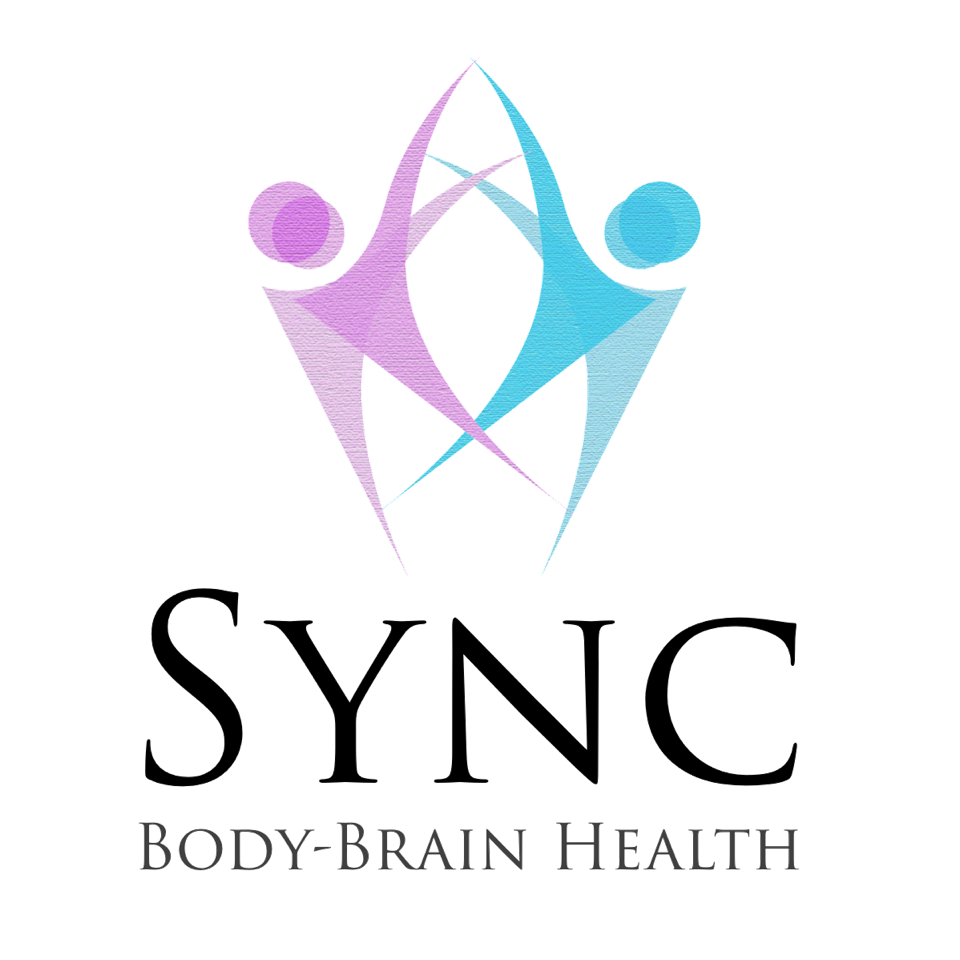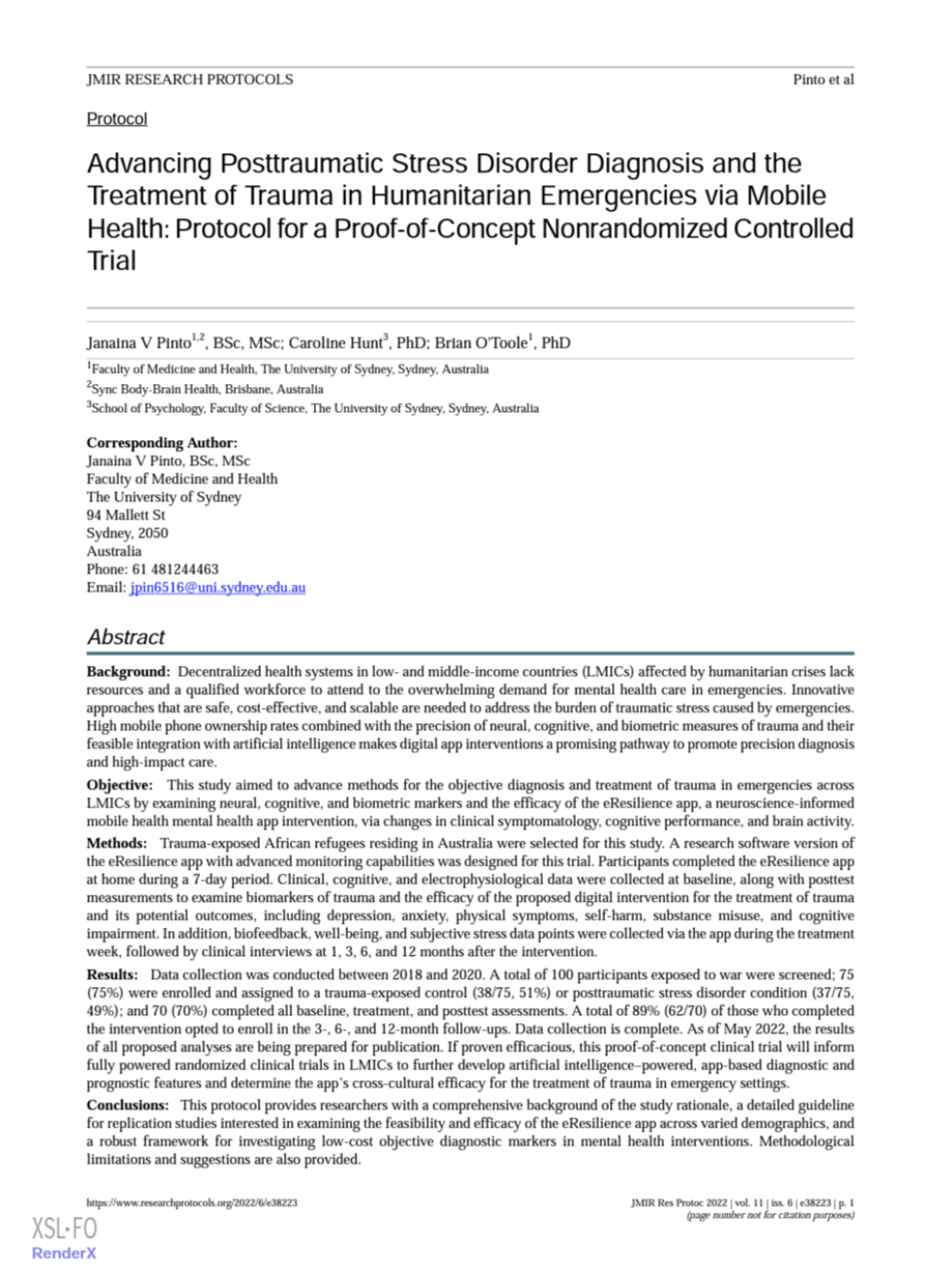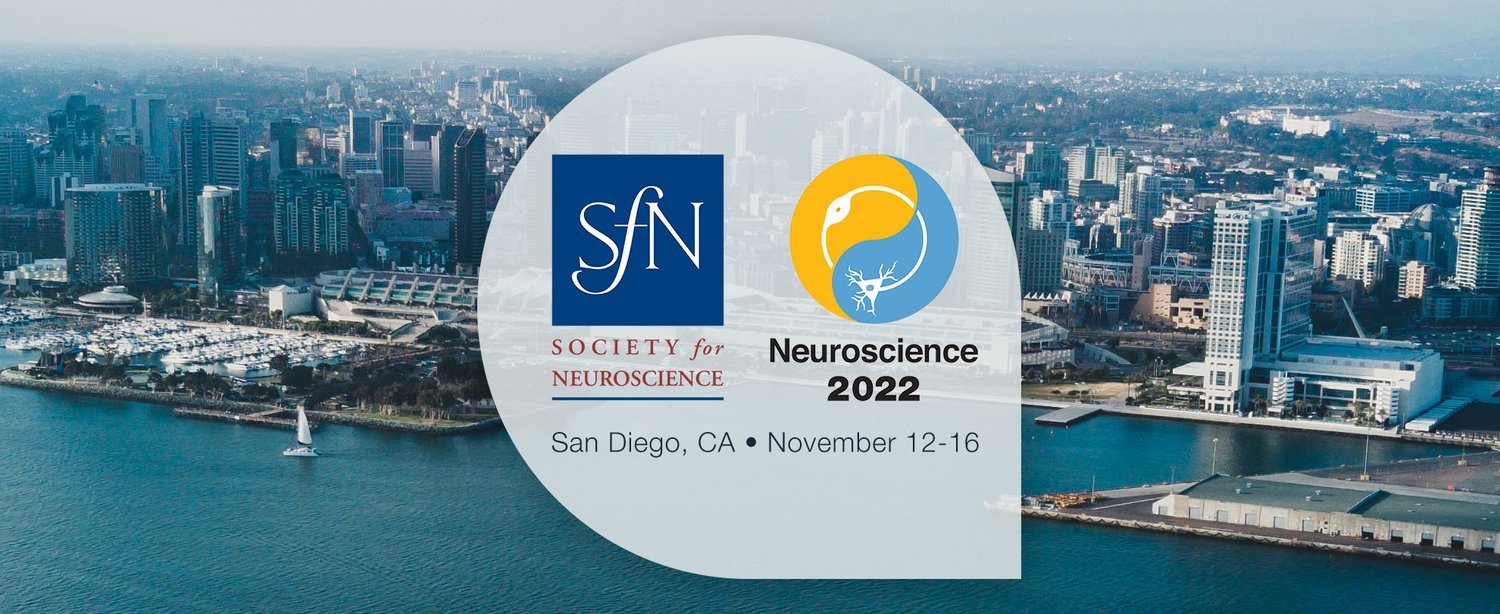
Treating Trauma at Scale in Low-Resource Settings
“Trauma is a fact of life. It does not, however, have to be a life sentence. Not only can trauma be healed, but with appropriate guidance and support, it can be transformative.”

The need for scaling trauma care has never been this urgent:
vulnerable persons will need humanitarian assistance and protection in 2023, a record number increased by almost a quarter compared to the last year.
or the equivalent of 1% of the global population, as of mid-2022, have been forcibly displaced - the highest number in history.
of displaced persons seek protection in low- and middle-income countries, potentially impacting socio-economic development. As research shows, mental disorders can hinder a person’s ability to contribute to society and the broader economy.
In the poorest countries, the rate of mental health workers can be as low as 2 per 100,000 population, compared with more than 70 in high-income countries.
PTSD Prevalence is Higher in Low-Resource Settings
Epidemiological studies examining the prevalence of posttraumatic stress disorder (PTSD) among emergency-impacted populations in low- and middle-income countries estimate that it may be up to 10x higher when compared to PTSD prevalence in high-income countries (e.g. USA, 6%).

The Impact of Trauma
is Not Limited to PTSD.
TRANSDIAGNOSTIC ASSESSMENT AND TREATMENT APPROACHES ARE NEEDED.
Individuals with PTSD have at least one, and on average 3 other co-occurring psychiatric diagnoses, including:
• Major depressive disorder
• Generalized anxiety disorder
• Substance use disorder
• Complex PTSD
They may also suffer with other significant problems, such as:
• Sleep abnormalities
• Substance addiction and misuse
• Dissociation
• Physical symptoms
• Self-harm
• Medical conditions
Our Innovation
A Self-Guided Trauma Toolkit Intervention.
Groups
The program can be led by any individual who completed the App previously (individually or in a group), without formal training.
Individual Use
Our individual curriculum is designed for those who wish to practice the App’s therapeutic tools on their own.
After completing the 7-day program, users have permanent free access to the App, and may opt to lead a community group to help others at any time.
Expansive
-
When it comes to mental health care, one size does not fit all. We brought together therapeutic tools from several evidence-based trauma-informed therapies (e.g. Somatic Experiencing, Interpersonal Therapy, TF-CBT) and wellness practices (breathwork, yoga Nidra, rhythmic-based tasks, among others) to maximise intervention response at scale among diverse global populations.
Tools are grouped as body-brain regulation exercises, interpersonal and altruistic activities, and cognitive performance to achieve it’s clinical aims.
-
While trauma-focused, we gathered preliminary evidence that our curriculum treats, alongside PTSD, co-existing Major Depressive Disorder, and other possible outcomes of trauma.
Inclusive
-
Our curriculum, as well as all digital features such as illustrations are customizable to all age groups and cultural backgrounds.
-
The eResilience App is primarily audio-based, making it inclusive to illiterate populations and those with visual disability. On the other hand, a text-only option accomodates those with hearing impairment.
-
Our curriculum was informed by 10,740 trauma survivors impacted by humanitarian emergencies across 9 countries. Approximately 70% were based in Africa.
Scalable
-
Although beneficiaries can use our App and the therapeutic tools learned on it at any time (even without the app considering they are simple to memorize), our core curriculum is completed in only one week.
A brief self-guided approach is not only fast and convenient, but also eliminates reliance on community health workers in the field, reducing costs and boosting scale potential. -
If a solution is complicated, it won’t scale. Our software will always be community-tested to ensure it is very simple and intuitive to use.
-
Revisiting difficult traumatic memories is part of many effective treatment models for trauma. However, this process requires skilled therapists to protect persons from possible re-traumatization. In order to safely scale, we ensured our curriculum was ethically-curated excluding any exposure to triggering traumatic narratives.
-
One of the biggest challenges in working in low-resource settings is data access and affordability.
When Sync arrives at a new location, we will aim to provide data access for all to download our App free of charge, which from then on is fully-functional offline.
The eResilience App was first introduced at the American Psychological Association’s 2021 Technology, Mind and Society Conference, the premier interdisciplinary venue for emerging research and innovation on the dynamics of human-technology interaction.
Please note that our prototypes are not yet available for download.
Upcoming eResilience Versions:
Sudanese
Congolese
Palestinian
Ukrainian
Israeli
Liberian
Our aim is to provide support to all vulnerable individuals who have been affected by trauma, regardless of their nationality, ethnicity, gender, or disability.
Promoting Social Connection via Technology
Sync’s strategy to reduce the global mental health burden caused by trauma and promote treatment equity in low-resource settings is to deliver scalable care via the Internet and mobile phones. One of the biggest challenges of digital health is the lack of presential social connection, imperative in the process of trauma healing.
For this reason, our eResilience App program is available in a self-guided group format, where any person can lead a group wherever they are. Meanwhile, the individual version directly encourages and guides the user to complete several interpersonal exercises in everyday life (as they feel safe enough to do so).
STRATEGY AND PROGRESS
PHASE 1
2008-2023
Intervention Development and Clinical Trial
Community-informed curriculum
Minimum viable products.
Clinical trial with African refugees and scientific publications
Analysis of field implementation in a humanitarian setting.
PHASE 2
2023-2025
Cultural adaptation framework.
Culturally-adapted curriculums for target populations.
Market-ready eResilience digital platforms.
Feasibility studies to test and iterate platforms.
Research to validate M&E measures.
Pilot test first versions with users in the field.
Build and Test Scalable Technology
We are currently working on a cultural adaptation framework and the Ukrainian version with support from the Trauma Research Foundation.
PHASE 3
2025+
Commence Scaling
Target starting locations include Liberia, Congo DRC, South Sudan, Ukraine, Palestine and Israel.
Operations will be concurrent with additional clinical research led by renowned trauma experts to examine and monitor intervention efficacy and safety at scale.
eResilience App
Clinical Trial
A clinical trial examining the preliminary efficacy of the eResilience App was completed between 2015-2022 at the University of Sydney in Australia. African refugees were recruited for the study, and completed a comprehensive battery of clinical interviews, cognitive tests, and neurophysiological brain activity recordings before and after the app. Key results include:
Disorder Remission up to
12-months after the App
90.3%, Posttraumatic Stress Disorder (PTSD, CAPS-5)
83.2%, Major Depressive Disorder
(MDD, SCID-5 RV)
Significant Improvements
Visual information processing
Working memory
Mindfulness skills
Perceived resilience
Symptom Reductions
Inattention
Insomnia
Anxiety
Substance abuse
Dissociation
Disturbances of self-organization
Somatic complaints
Brain Activity
Neurophysiological regulation
15 of 16 PTSD biomarkers identified before the intervention no longer present at post-test.
Scientific Publications
2022-2023
All upcoming peer-reviewed research papers emerging from the eResilience clinical trial and field implementation analysis will be linked below as it becomes available.
Clinical Trial Protocol
Journal for Medical Internet Research (JMIR)
Conference Proceedings
American Psychological Association - Technology, Mind and Society Conference
eResilience App Proof of Concept Trial Clinical Results (Available soon)
Results from the eResilience App Pilot Implementation in Liberia
(Available soon)




























